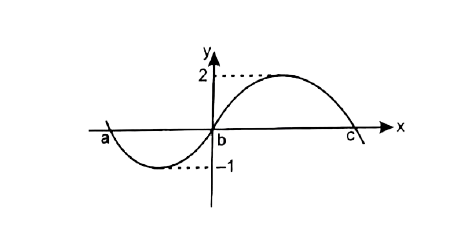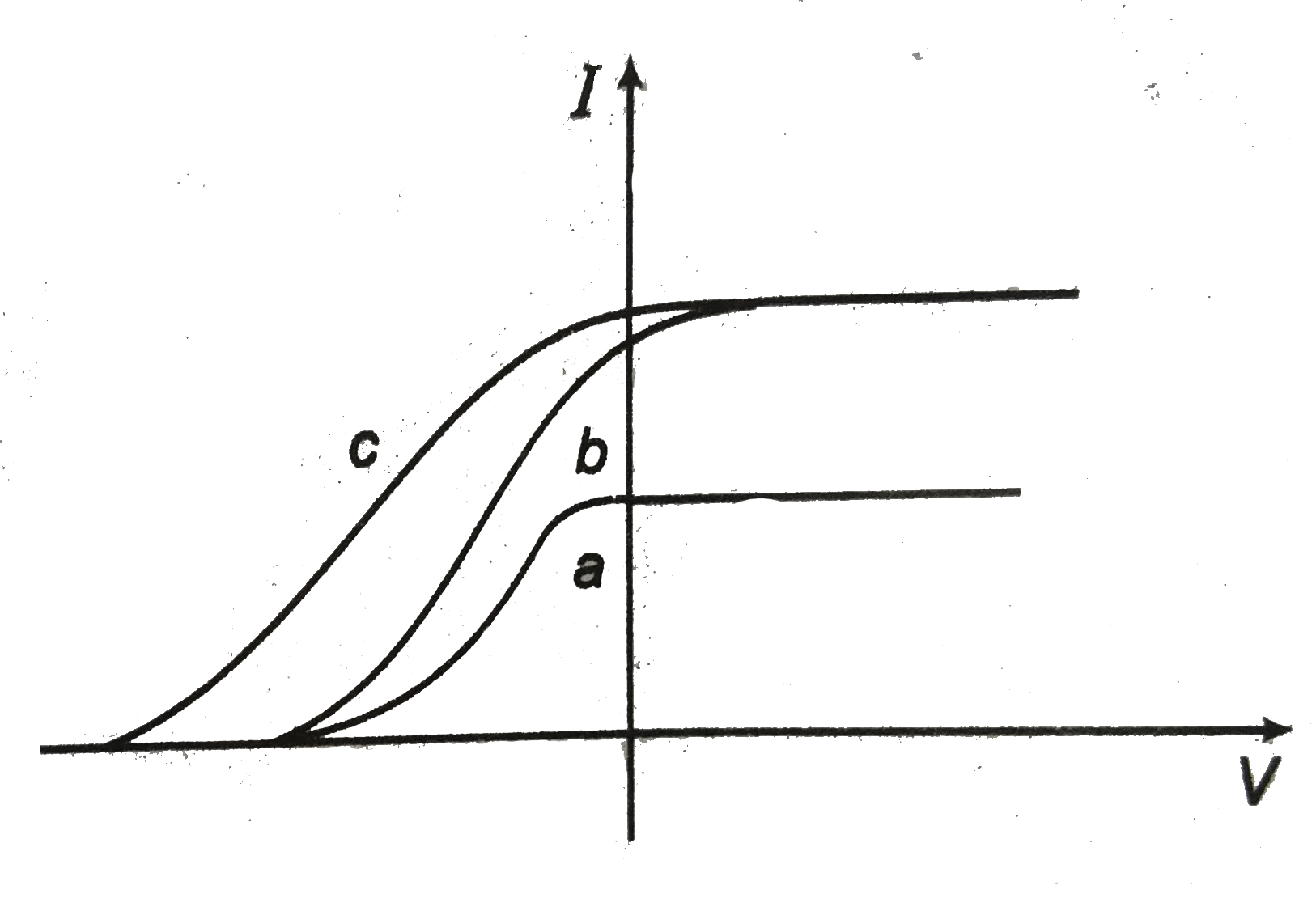Show that there exists no polynomial f(x) with integral coefficients which satisfy f(a)=b,f(b)=c,f(c)=a, where a,b,c, are distinct integers.
Step by step video & image solution for Show that there exists no polynomial f(x) with integral coefficients which satisfy f(a)=b ,f(b)=c ,f(c)=a , where a , b , c , are distinct integers. by Maths experts to help you in doubts & scoring excellent marks in Class 12 exams.
Updated on:21/07/2023Similar Questions
Let a,b be integers and f(x) be a polynomial with integer coefficients such that f(b)-f(a)=1. Then, the value of b-a, is
View SolutionLet f(x) be a polynomial with integral coefficients. If f(1) and f(2) both are odd integers, prove that f(x) = 0 can' t have any integral root.
View SolutionIf f(x) is a polynomial of degree at least two with integral co-efficients then the remainder when it is divided by(x-a) (x-b) is , where a≠b
(1) x[f(a)−f(b)b−a]+af(b)−bf(a)a−b (2) x[f(a)−f(b)a−b]+af(b)−bf(a)a−b
(3) x[f(b)−f(a)a−b]+af(b)−bf(a)a−b (4)x[f(b)−f(a)a−b]+bf(a)−af(a)a−b
View SolutionLet f(x)=a+b|x|+c|x|2, where a,b,c are real constants. The, f'(0) exists if
View SolutionLet f (x) be a polynomial function of degree 3 where a<b<candf(a)=f(b)=f(c). If the graph of f (x) is as shown, which of the following statements are INCORRECT ? (Where c>|a|)

View SolutionIf f(x) is a twice differentiable function such that f(a)=0, f(b)=2, f(c)=-1,f(d)=2, f(e)=0 where a < b < c < d e, then the minimum number of zeroes of g(x)=f'(x)2+f''(x)f(x) in the interval [a, e] is
View SolutionIf aandb are two distinct real roots of the polynomial f(x) such that a<b, then there exists a real number c lying between aandb, such that
View SolutionFor all real numbers x, let the mapping f(x)=1x−i. where i=√−1. If there exist real number a,b,candd for which f(a),f(b),f(c)andf(d) form a square on the complex plane. Find the area of the square.
View SolutionThe figure shows the variation of photocurrent with anode potential for a photosensitve surface for three different radiations. Let la,lbandlc be the curves a, b and c, respectively

(a) fa=fbandla≠lb (b) fa=fcandla=lc
(c ) fa=fbandla=lb (d) fb=fcandlb=lc
View SolutionIf f"(x) exists for all points in [a,b] and
f(c)−f(a)c−a=f(b)−f(c)b−c,wherea<c<b, then show that there exists a number 'k' such that f"(k)=0.
View Solution